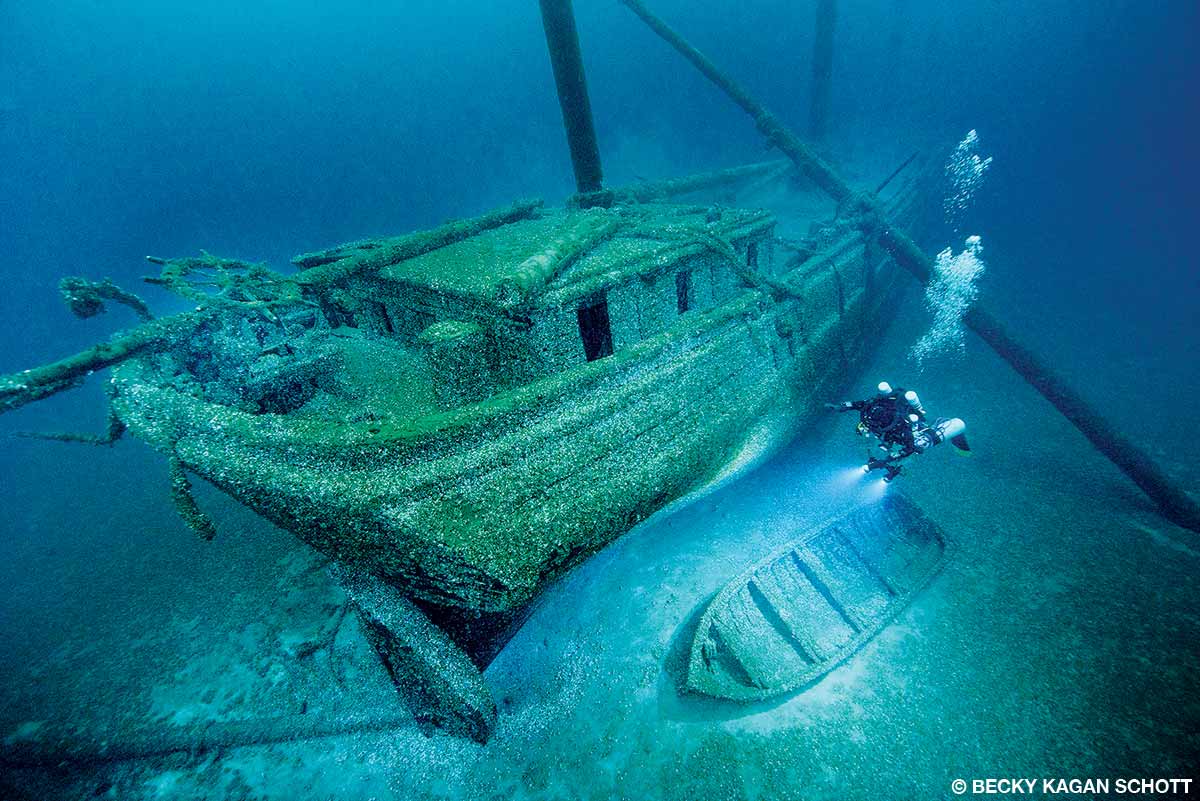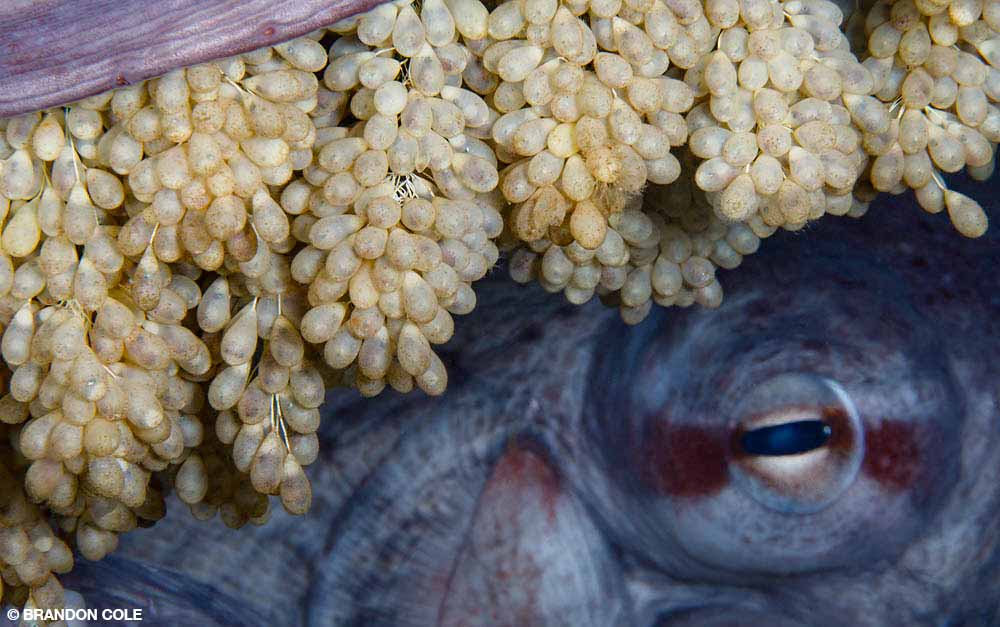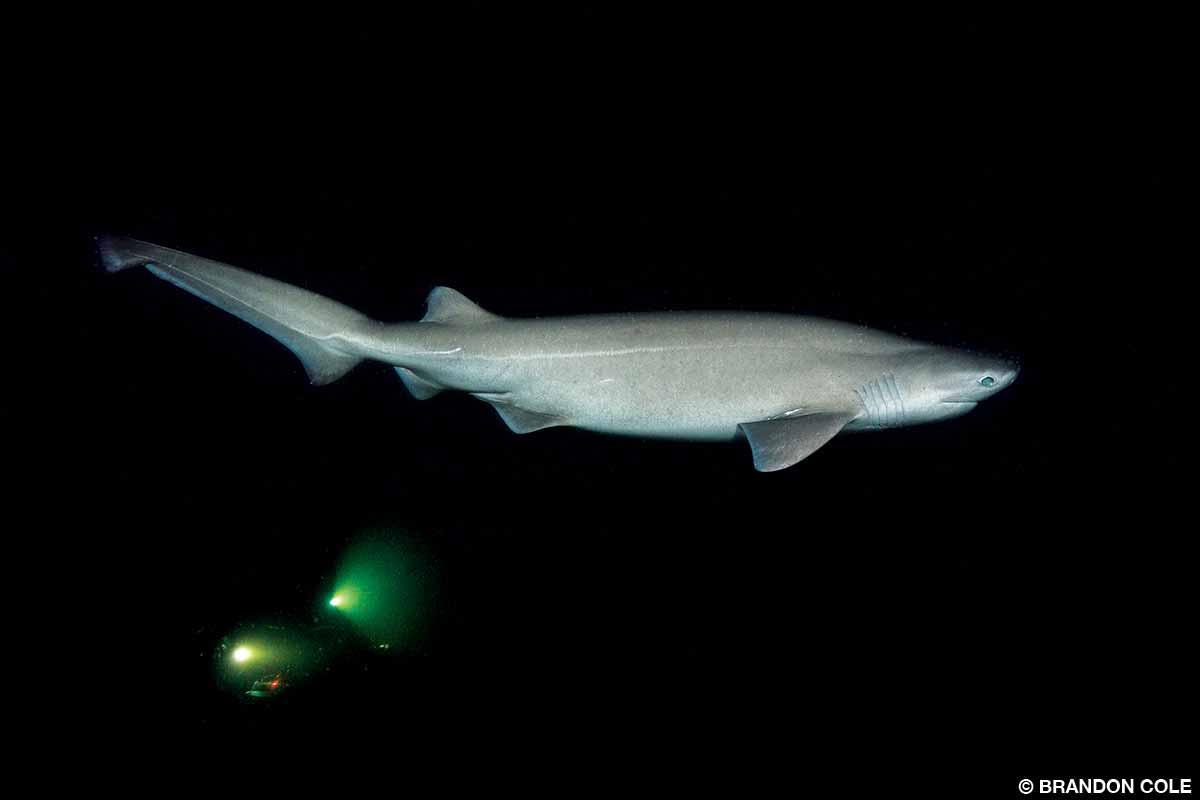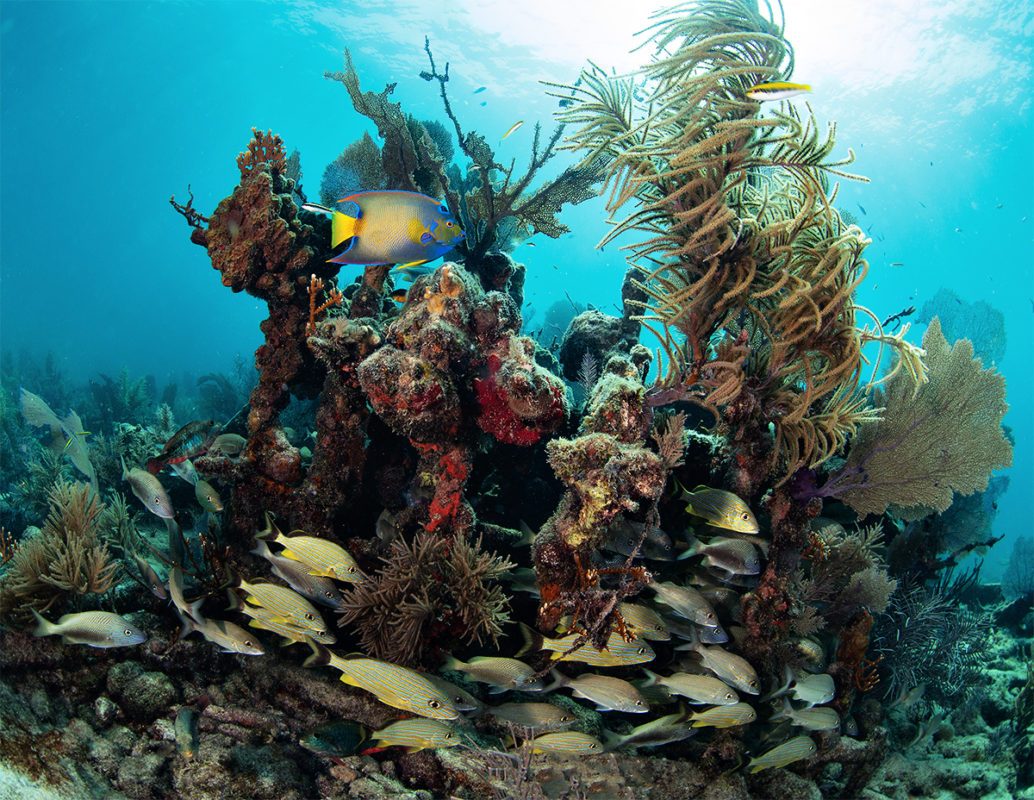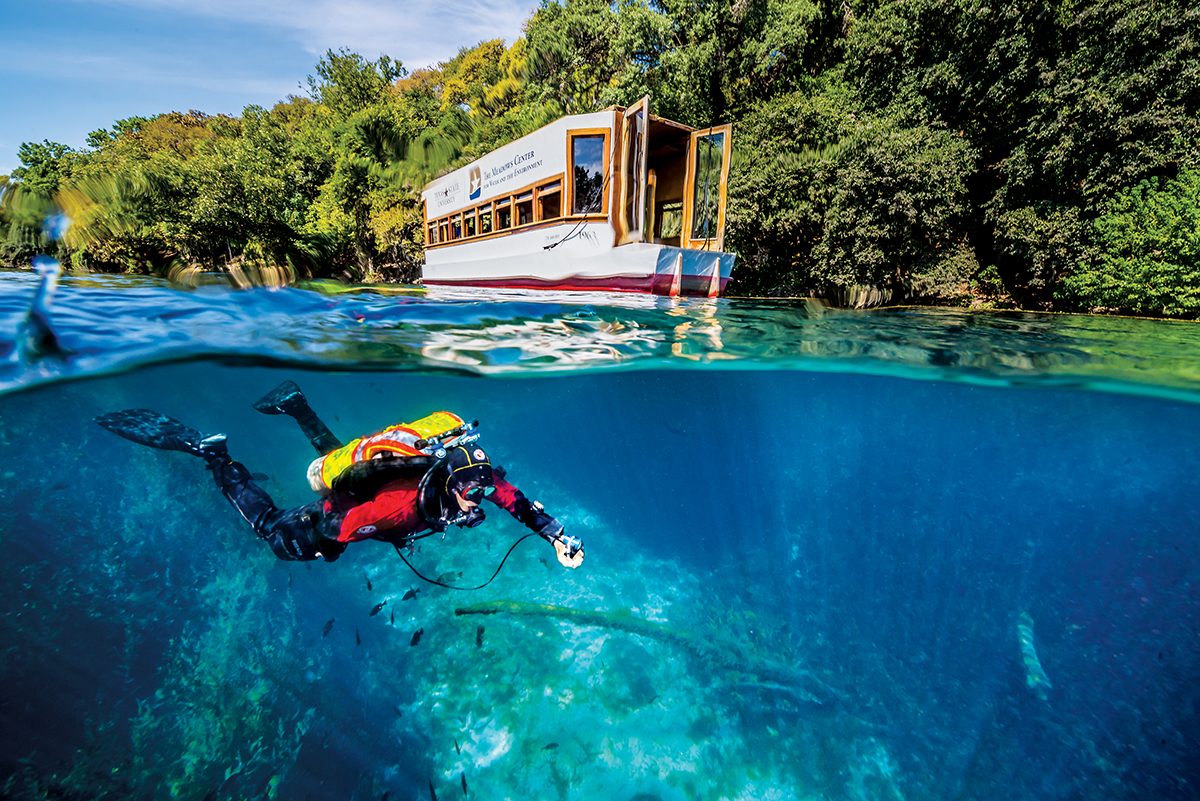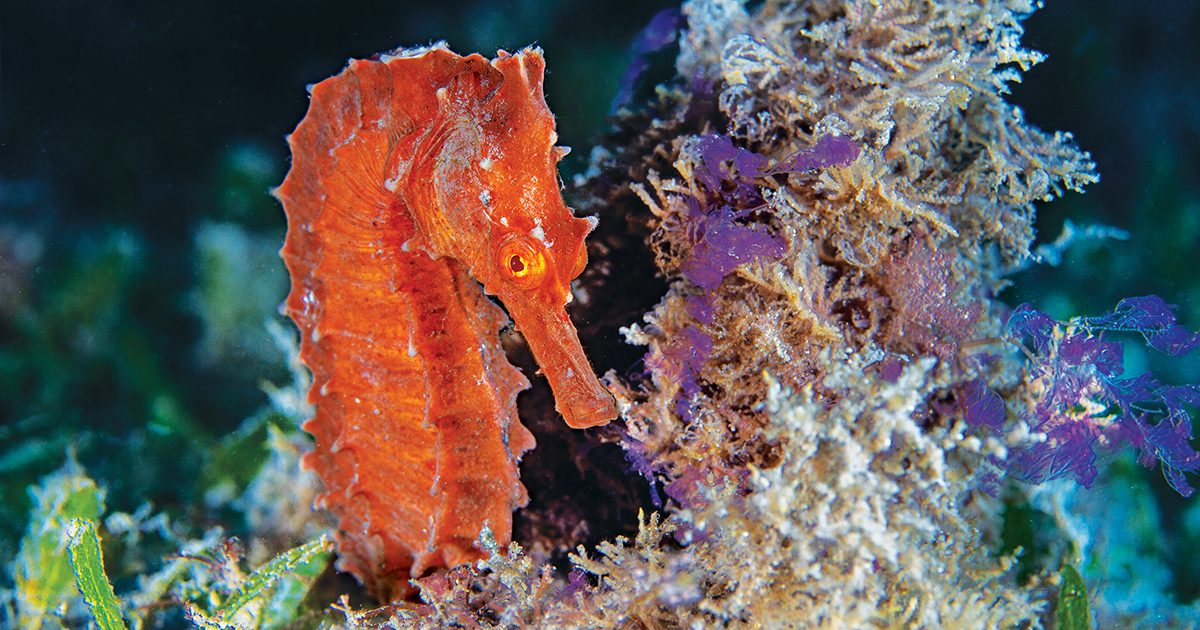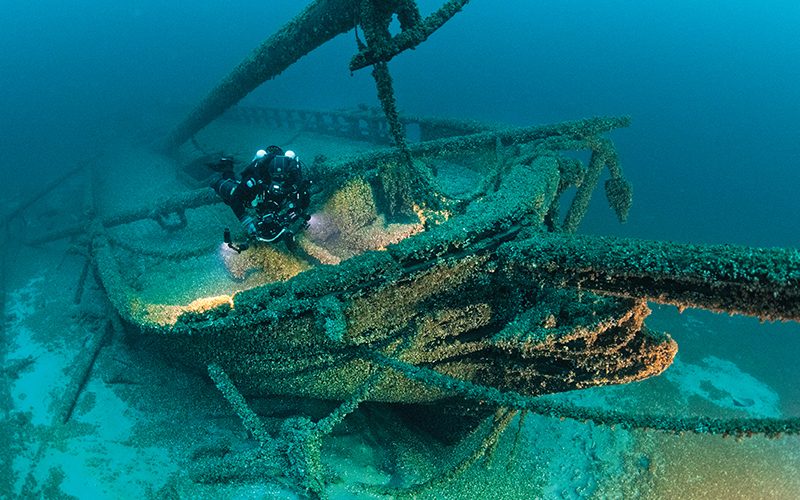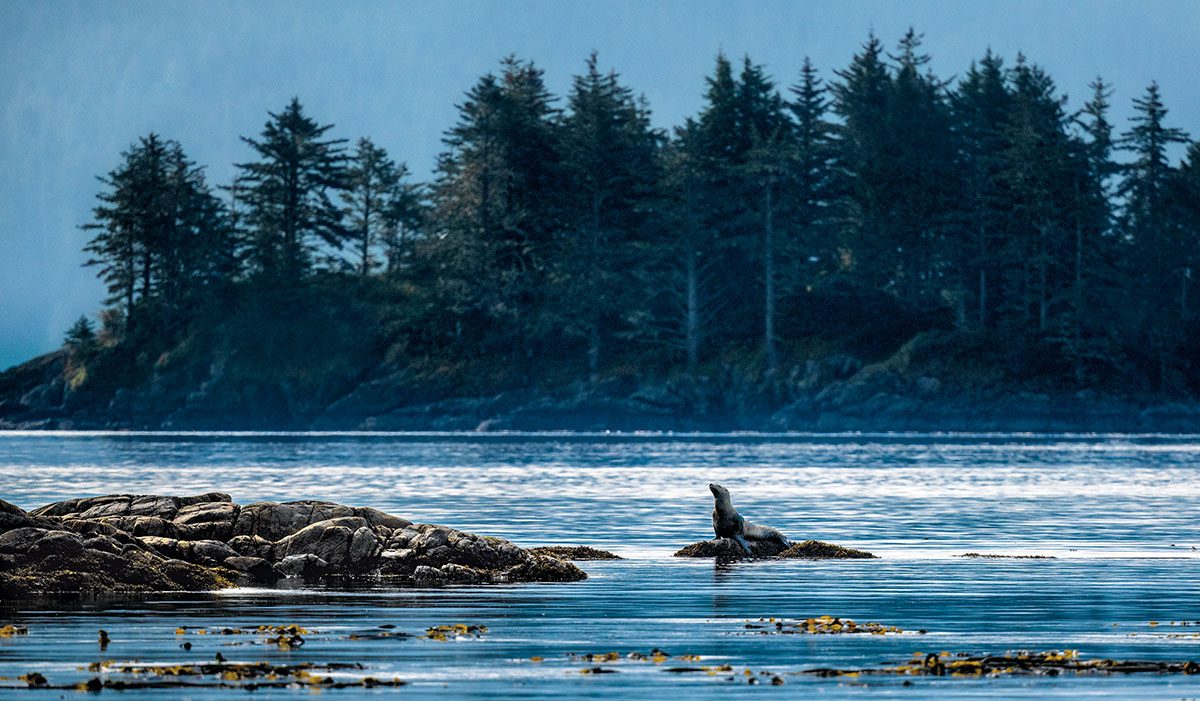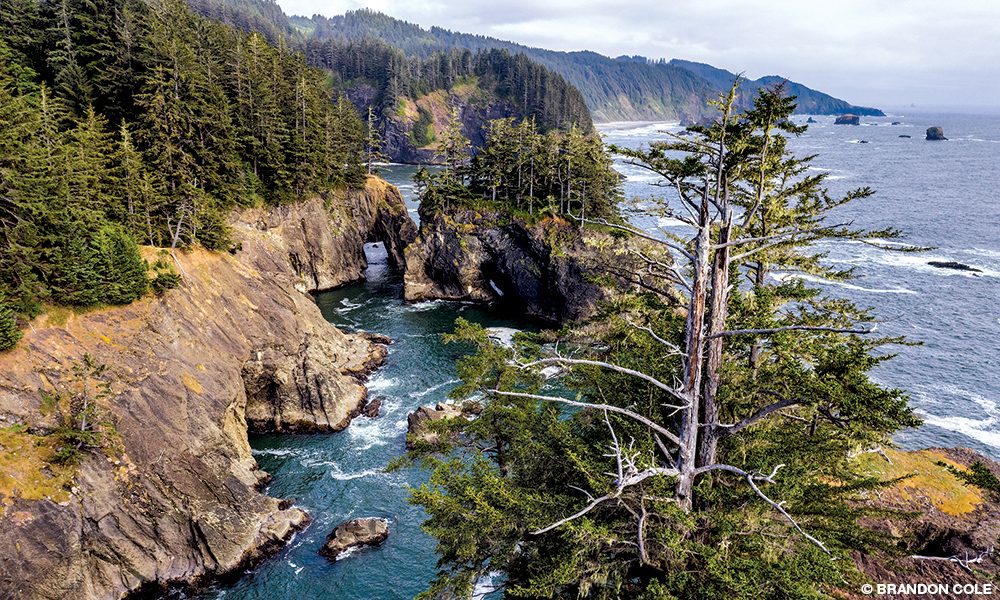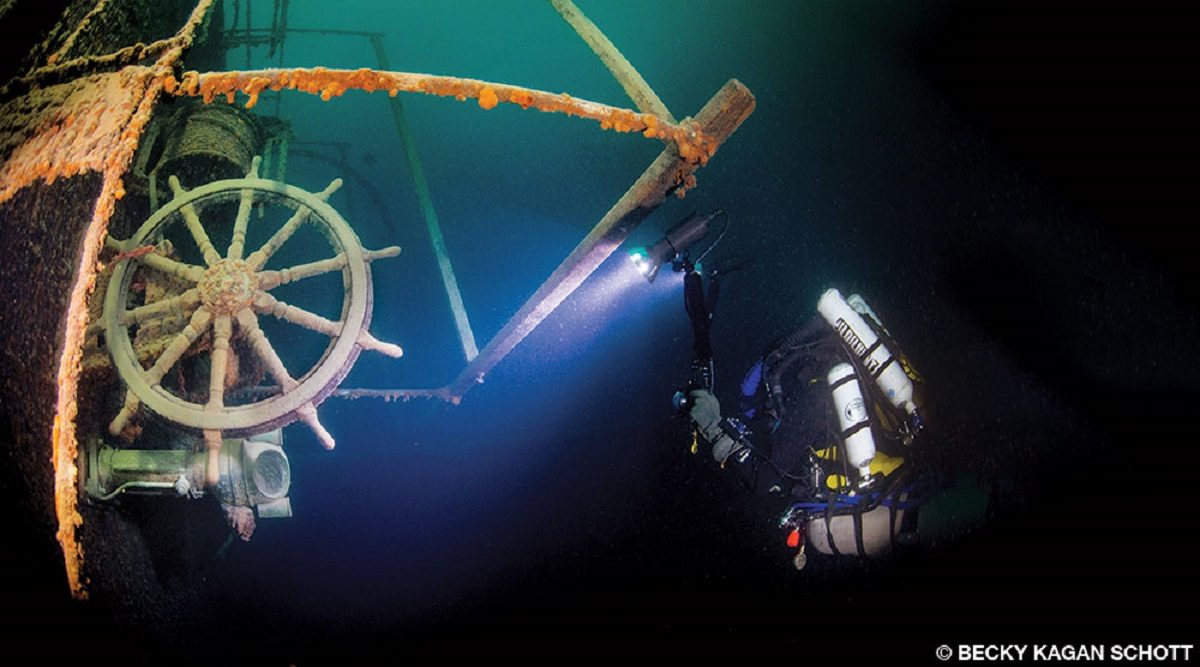Thunder Bay National Marine Sanctuary in Lake Huron off the northeastern coast of Michigan has nearly 100 known shipwrecks, and others are still being discovered. The oldest shipwreck there sank in 1849, but many wrecks are from the mid- and late 1800s to the early 1900s. The location, history and variety of ships — from wooden schooners to freighters — make Thunder Bay special. The wrecks are at various depths, ranging from the snorkel zone to recreational and technical diving levels.
There’s a big difference between casual, submerged sightseeing — happy-snapping pictures of whatever you run across while blowing bubbles — and diving dedicated to carefully searching select sites, sometimes during […]
Beneath the ocean waves, our underwater history provides evidence of events and people that have contributed to our maritime landscape. Research on submerged sites is an ever-evolving frontier where discoveries […]
I’M A NATIVE TEXAN, AND PEOPLE OFTEN ASK ME how an underwater photographer originates from Texas. They are sometimes unaware of the rich underwater resources our state offers. Our dive opportunities are diverse …
THE RELENTLESS AND POWERFUL NORTHWARD FLOW of the Gulf Stream’s clear, tropical waters provides Southeast Florida with beautiful and unique diving opportunities. Passing off the coast of Palm Beach County, […]
WOULD YOU BE SURPRISED TO LEARN that treasure is beneath the surface of Lake Michigan? It’s true, and these treasures give us glimpses into our history. They aren’t found inside shipwrecks — the wrecks themselves are the treasures.
A visit to God’s Pocket Marine Provincial Park in British Columbia, Canada, is worth experiencing wherever you live, local or not.
OREGON IS A PERPETUALLY POPULAR West Coast travel destination, especially for climbing, skiing, walking through verdant forests, or strolling along sandy beaches … and SCUBA DIVING!
Isle Royale is in the northwest corner of Lake Superior, and belongs to the state of Michigan. It was declared a national park in 1940 and boasts many shipwrecks — ranging from a 19th-century paddle wheeler to modern freighters.
